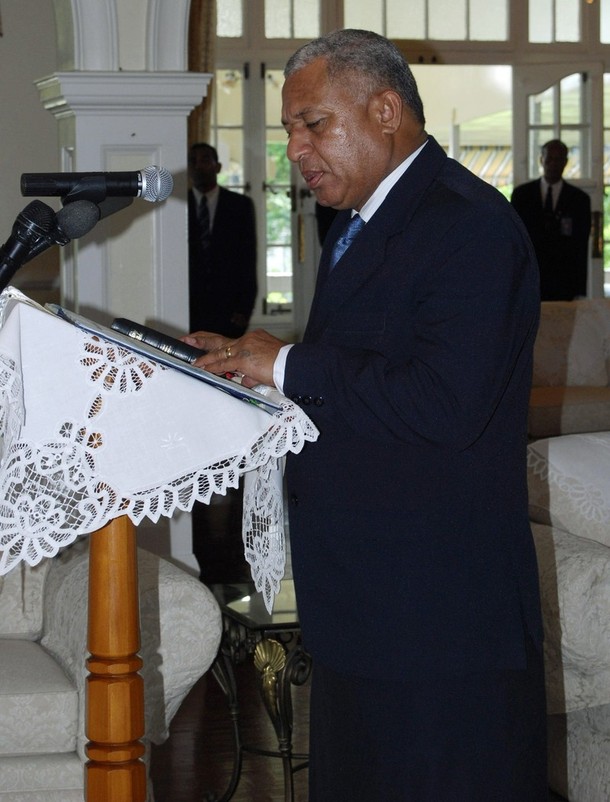Government revenues are falling. So is the stock of foreign exchange reserves. The Fiji dollar was devalued by 20 per cent on the 15th of March. This will help dampen import demand, but on its own is unlikely to revive exports. D-Day will be the 14th of September 2011 when the government will need to roll over foreign debt to the tune of US$150 million.
Fiji’s economic fortunes have a bearing on the island Pacific. The central location, superior infrastructure, and Suva being home to several regional organizations make Fiji’s problems those of the regional too. But there is still hope for Fiji.
Fiji politics is in a stalemate. The Bainimarama regime is holding on to power with the backing of the military forces. Their opponent, the Qarase regime that was ousted in the 2006 coup, claims the backing of the majority of voters. Neither will give in so long as their support bases remain intact.
This stalemate, however, will get resolved; and, by the fortunes of the economy. If the economic managers succeed in pulling the economy out of its current nosedive, then they would have saved the military government. Otherwise, an economic crash could precipitate a political crisis. Neither of the above would be a disaster for Fiji, however.
The Commodore has indeed promised to turn the economy around. His is a vision of Fiji as the ‘Singapore’ of the Pacific: a laudable ambition indeed. If he fails to realise this vision then the approaching D-Day (of September 2011) will force the two political combatants to a dialogue with a view to reviving the economy.
A return to the rule of law would be the minimum necessary for such a revival. The best compromise would one that establishes a true democracy in Fiji. And then the solution to Fiji’s political problems would have come from within the nation.
The international community can help with the transition. Further isolation of Fiji would be a mistake, as would be a premature foreign intervention. Open trade, migration, and communication channels are all likely to reduce the adverse effects of the political strife on the ordinary folk in Fiji.

